The Saturday Read: Citizen armies
Inside: The Tory press fight, Trump's win, Xi's plan, Birbalsingh, Fanon, and war ahead.
Good morning. Welcome to the Saturday Read. For any first time readers this is the New Statesman’s weekly guide to the best writing on ideas, politics, books and culture, sent to NS subscribers and registered readers. This is Harry, along with Will, Pippa, and George Monaghan.
Click here to read this online if it cuts off midway. If you already subscribe to the NS, thanks for being a reader of ours. If you don’t and these pieces intrigue, perhaps you’d like to join us. Subscriptions are running at half price this month with the code JAN50.
1—“At the most extreme, some Tories see the emergence of an increasingly powerful British alt-right.”
Andrew Marr’s cover story this week is stuffed with nuclear-grade intelligence about the Conservative Party, the right-wing press, several billionaires and newspaper editors, Nigel Farage and Sir Keir Starmer. The sale of the Telegraph is turning into something bigger and uglier than a media story. WL
This is not, however, in the end, a story of conspiracy. It is about loss of political authority, and how that becomes irretrievable, and about changes in the British media ecosystem. More data-driven business models reflect more quickly the views of disaffected voters, looping back to editorial decisions. Cross-platform ownership by individuals who have no traditional party loyalty is rising. Angry right-wing voters now have a lot of choice. And media owners want winners. For moderate Tories the consequences look serious. A veteran Conservative politician reflects that “we have never seen a right-wing media so powerful, and also so hostile to the party”.
2—“Gaza is not ours. Gaza belongs to the Palestinians.”
In this fiery and revealing conversation with Bruno Maçães, Ehud Olmert, Benjamin Netanyahu’s predecessor as Israeli prime minister, says it’s time for the Gaza war to end and that Netanyahu is “history”. PB
“We can say that we won this war. We have destroyed a large part of the military capacity of Hamas. We destroyed the infrastructure, most of the installations of Hamas across Gaza. We destroyed many of the tunnels and we killed over 10,000 of the fighters, which is an incredible number of people for an organisation which is not a state army. And look, they [no longer] shoot missiles [at Israel] – except for one here, one there – because they don’t have them any more. I think that this is the time, unless there’s someone who wants to carry on this war forever.”
3—“Republicans want a brutal leader who creates a spectacle.”
There are two types of bullies: those who command a group of followers and “the mean jerks no one likes”. Donald Trump is the former, Ron DeSantis the latter. This, Jill Filipovic contends, is why DeSantis failed to capture Republican voters. They want a campaign of cruelty of which they can feel a part. Sohrab Ahmari has more on the unravelling of DeSantis’s presidential bid and asks: can Trump be stopped? PB
Even people who support cruel acts don’t typically want to think of themselves, as DeSantis seems to, as callous or vengeful. They want to think that they are pursuing justice and doing what is required to assert a deserved dominance. This means that the cruelty should feel good, and may even be fun. Trump grasps this, which is why he so often makes cruelty a mass spectator sport: in a crowd or mob, it’s easy and invigorating to get caught up in the collective pleasure of a shared experience and sense of purpose, and of a common enemy.
4—“Around 700,000 Ukrainians liable for military service have crossed the border since the war began.”
Andrey Kurkov writes from Kyiv on the toll of the long war in Ukraine. The government is mobilising another 500,000 soldiers. Last year’s counter-offensive failed. Volodymyr Zelensky and the commander-in-chief of the Ukrainian army, General Valery Zaluzhny, are said to be at loggerheads. What’s ahead? WL
This means that those who remain in the country will be asked to fight instead of those who left. Many firms and factories are now complaining about a shortage of employees. “There is no one to work in our printing house,” my Ukrainian publisher Olexander Krasovitsky said recently. “Almost everyone has been drafted into the army. This makes it almost impossible to plan a book release date right now.”
Some business owners hide their employees from military registration and enlistment offices and allow them to sleep at their workplace. This ploy may work in cities, but in rural areas, where communities are smaller, all those eligible for military service are in plain sight. There, hiding from military service is considered a shameful activity. For the most part the men don’t hide, and when they are given summonses, they obediently go. They are first taken to training camps, and then along bad, broken roads to the front line.
5—“The aim is to usher in a new era – his own.”
Xi Jinping wants China to be Earth’s supreme power by 2049. That ambition will affect us all. Katie Stallard reviews a new book that seeks to explain his thought. The constitution has been purged of limits on his power. He wants total obedience, at home and abroad. GM
Far from re-examining his approach amid a slowing economy, looming property market crisis and increasingly antagonistic relations with China’s neighbours, Xi Jinping appears convinced that he alone can solve the country’s problems, and he jealously guards that authority. Having established his political doctrine as a guiding principle of the CCP and carefully consolidated his authority during his first decade in power, it is difficult to see how he could now be removed short of a dramatic rupture within the party or a debilitating health crisis. Regardless of the formal role he holds in the future, Xi is making clear that he intends to dominate Chinese politics for years, perhaps decades to come.
6—“She talks about ‘love’, but the public persona is more ‘Nightmare Victorian Patriarch’.”
Katharine Birbalsingh has made headlines after forbidding prayer at her school. Multiculturalism, she believes, can only be sustained by extreme discipline. Will investigates her methods – and reveals the lesson she can’t teach. GM
Tradition, which Birbalsingh is fond of invoking, will always be a strange word in the context of British education. This is a country with a deep culture of cackling disrespect for learning. All classes once agreed that being clever was disagreeable. Children, particularly boys, were thought to be disgusting animals. The Charles Dickens who wrote the most sympathetic child characters in English literature was also the Charles Dickens who chained two large hounds to the gates of his mansion on the Dover Road to terrify passing urchins. This attitude found a late expression in Philip Larkin, who said kids were “awful”. But the most obvious indication that Britain was not a country where children were respected was that the cane was only abandoned in 1987.
7—“Regular armies start wars; citizen armies win them.”
“Would a quick online form prescribing a case of climate anxiety, narcissistic disorder, or selective ADHD be enough to keep you out of the trenches?” Clive Martin asks a newly pertinent question in the wake of unexpected comments this week by General Sir Patrick Sanders, the British Army’s chief of the general staff. HL
So you really thought you were safe in your cosy, north-west-European world? You just cruised through life, assuming the ghost of Lord Kitchener would never jab his finger at you, that remote drone bases and Ant Middleton would be enough to defeat those intent on undermining Anglo-American supremacy.
Think again, sucker. Because yesterday, the collective timeline woke up to the previously unthinkable notion that military-age Brits could be pulled from the safe edges of global conflict and forced to dance in the bloody, geopolitical school disco.
8—“Few 20th-century intellectuals are as venerated as Fanon.”
A white writer has sought to write the definitive biography of a major black thinker. The dictates of woke culture at its peak have not held. Tomiwa Owolade turns to Franz Fanon by way of Adam Shatz. HL
Napoleon said that to understand a man you need to know what was happening in the world when he was 20. Frantz Fanon turned 20 in 1945. As the Second World War ended, Fanon was defending the republican values of France against fascism. But France soon betrayed him, and the rest of his life was about trying to come to terms with that betrayal; he never did and died 16 years after the war.
9—“The young Mussolini was a dogged and voracious autodidact.”
Writers, as Lucy Hughes-Hallett has long detailed in her work, have an unfortunate tendency to become the mouthpieces and ornaments of dictators. Why? WL
The author is Gabriele D’Annunzio – poet, playwright, serial seducer, aviator, war-mongering orator and, briefly, small-scale dictator. D’Annunzio declared that when he temporarily laid aside “scribbling” for violent political action he was working in a new art form whose material was human lives. He seized the Croatian port city of Fiume (now Rijeka) in 1919, and made himself its “Duce”, using it as the setting for a 15-month-long piece of spectacular street-theatre. Parades, marching bands, anthems belted out by volunteers with piratical hair-dos and black uniforms – all in celebration of a greater Italy, of soldiers as sacrificial victims offered up on the altar of the patria, and of D’Annunzio himself. Mussolini took note. He later called D’Annunzio the “John the Baptist of Fascism”.
10—“He would prove to be one of a long line of mediocrities who became Tory leaders.”
We need to acknowledge the underlying ultimate triumph of the right, argues Geoffrey Wheatcroft in an engaging history of the Conservative art of war. We have reached a moment when that art has been lost by the party, but it will be back. HL
If much of our political history since the first Labour government has been the Tories coming to terms with the challenge from Labour, the story of the past generation has been Labour’s coming to terms with Margaret Thatcher… As astute observers saw in 1997, Blair’s gift was to promise change while making it clear that actually there would be no fundamental change. Nor has there been any great difference since he departed in 2007, apart from the accidental leadership of Jeremy Corbyn. Keir Starmer’s party still bears the imprint of New Labour, a kinder, gentler version of Thatcherism.
Will’s Best of the Rest
Times: Former Sunak aide joins plot against PM. Even 12-year-old boys are turning against Rishi.
FT: Arab world loves Yemen rebels. TikTok has a lot to answer for.
Sky: British Army chief says you’re going to war soon, lads.
Bloomberg: No Apple car until at least 2028. Will it use the same charger as my phone?
Blake Smith: Susan Sontag will destroy democracy.
Patrick Maguire: Labour are fading to Gray.
Tanya Gold: The strangeness of Charles III. A man who gardens in his dreams.
Anna Wiener: Portrait of the artist as an office drone.
Vincent Bevins: Why wasn’t there a revolution in the 2010s? Everyone was too busy tweeting.
Hillary speaks out. Thank God!
Elsewhere on the NS
Simon Clarke, who was an integral part of two disastrous Tory administrations, this week had the temerity to call for Rishi Sunak’s head. David Gauke – a responsible man in a party gone mad, someone suggested in the office this week – explains the politics: it’s all about the post-election blame game.
Malcom Kyeyune inveighs against Western air strikes on the Houthis as a form of deterrence. That is simply not how humans work, he argues.
David Reynolds has written a history of the past four years in case you missed it.
Kate Mossman takes Jake Humphrey seriously.
Quinn Slobodian writes a regal review of an increasingly regal author.
Lucy Jones thought she and her husband were equals. Then she became a mother.
A year ago Sarah Baxter wrote for us about the Democrats’ “Kamala problem”. Now she asks: is Kamala Harris finally succeeding? If Biden wins she has to be odds-on to be America’s first female president.
A pioneering football commentator, Eni Aluko, has a tormentor: Joey Barton.
Tune in to Dorian Lynskey’s elegy for Pitchfork, and for the internet dream.
Fitter, happier, more productive… Tom Gatti likes Tom Yorke’s new album.
2024 in art: “As one Caravaggio leaves, however, another arrives…”
Michael Prodger, our art critic, has written a comprehensive guide to this year’s exhibitions. You will find me at the Monet (“London: Views of the Thames”; Courtauld, 27 September). Impressionism’s most famous exponent is the subject of a recent biography – don’t miss Michael’s review of it. GM
The Royal Academy (RA), older than the National Gallery by more than 50 years, has a varied roster of offerings for 2024. For lovers of high Victoriana, the arrival of Frederic Leighton’s great paean to languorous female beauty, Flaming June (1895), will be enough to induce a swoon. The painting, a melting swathe of orange, arrives on 17 February for an 11-month stay while its home gallery, the Museo de Arte de Ponce in Puerto Rico, undergoes refurbishment.
Meanwhile, the Summer Exhibition offers its annual diverting miscellany (18 June) and Michelangelo and Raphael pick up their rivalry, with a little Leonardo to ginger things up further, in “Michelangelo, Leonardo, Raphael: Florence, circa 1504” (9 November).
Tip of the week: Toklas
If you are looking for somewhere to dine in central London, look no further than Toklas (1 Surrey Street; look up if you’re lost). I was there on Tuesday with a high Tory type – Jolyon Maugham was across the room, sans baseball bat. Everyone’s welcome. Take a window seat and look over to the disused Strand tube station (1907-1994, RIP).
The menu is a piece of paper (annotate away); the furniture a cross between mid-century and school classroom; the wall art a Wolfgang Tillmans, the service at ease but excellent. The food? Jay Rayner captures it: “No wheels are reinvented… the menu, is simply a set of great ingredients, presented to the best of their advantage.”
Perhaps you might even like to subscribe to the New Statesman. Stay up to date with everything you need: from news and analysis to comment, criticism and long-reads.
Whether you’re looking for a sharp blog or a finely written feature, the New Statesman has you covered. Have a good week, and catch you next Saturday.









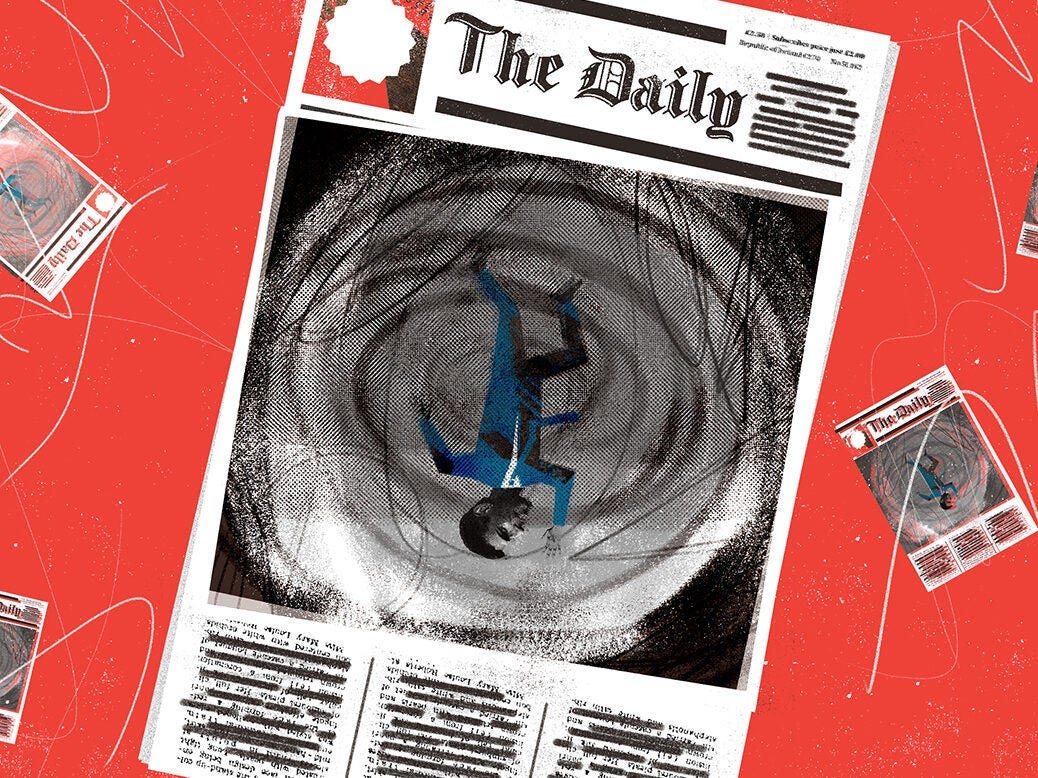



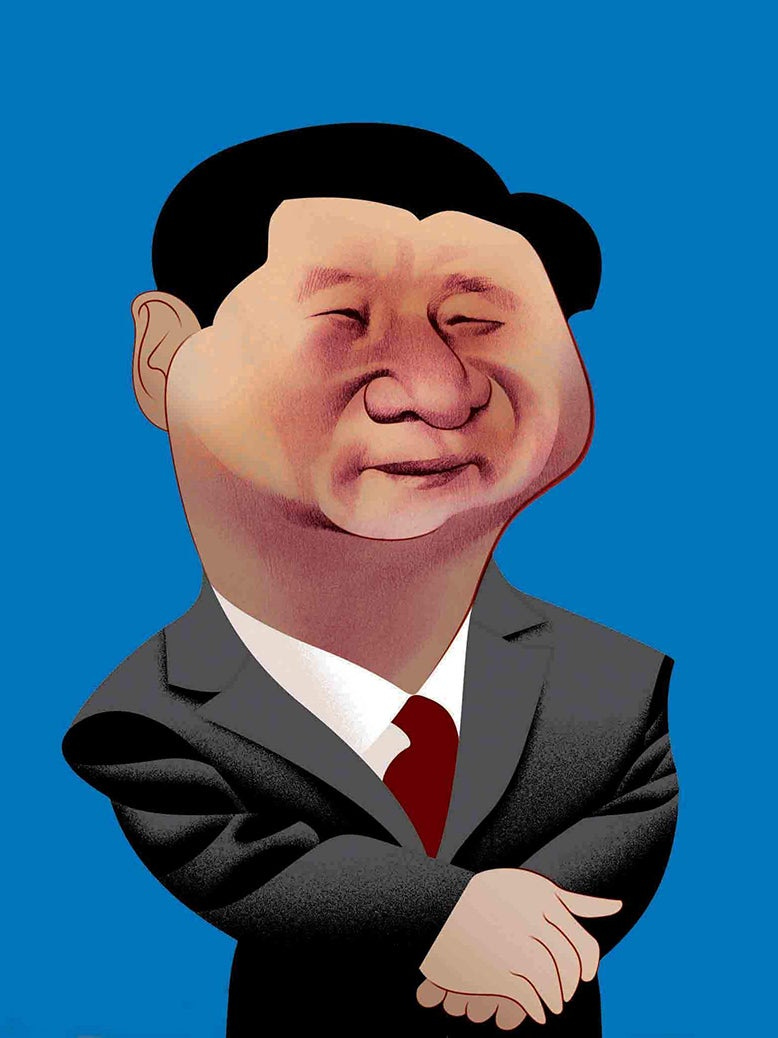

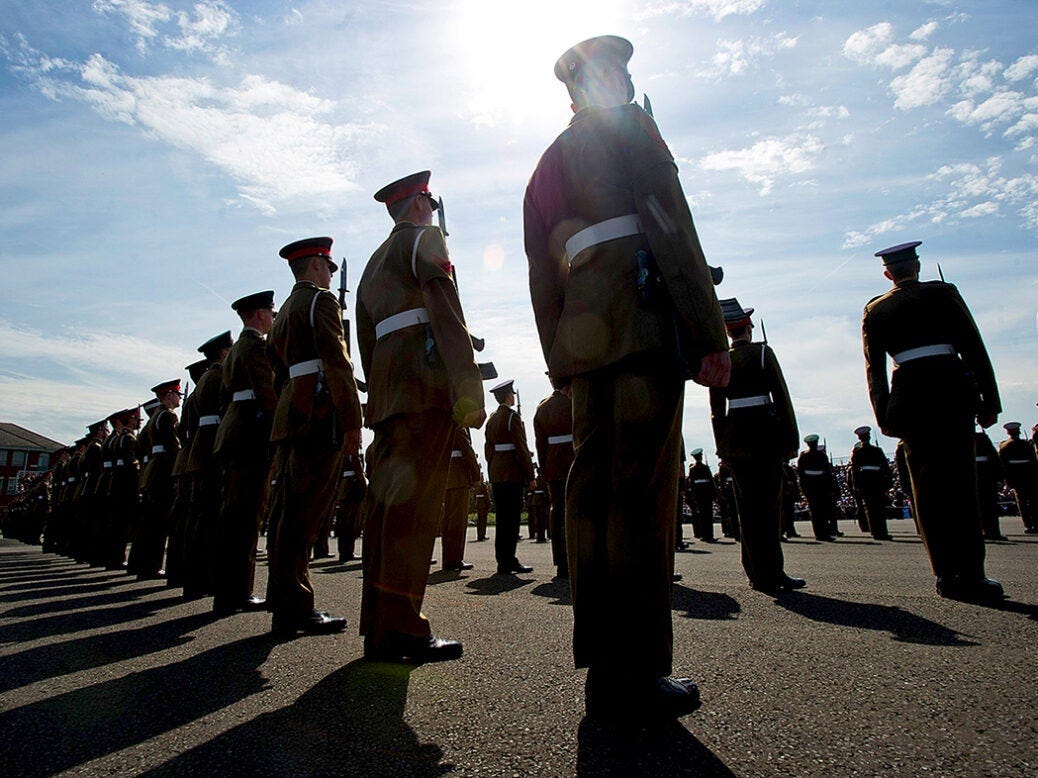
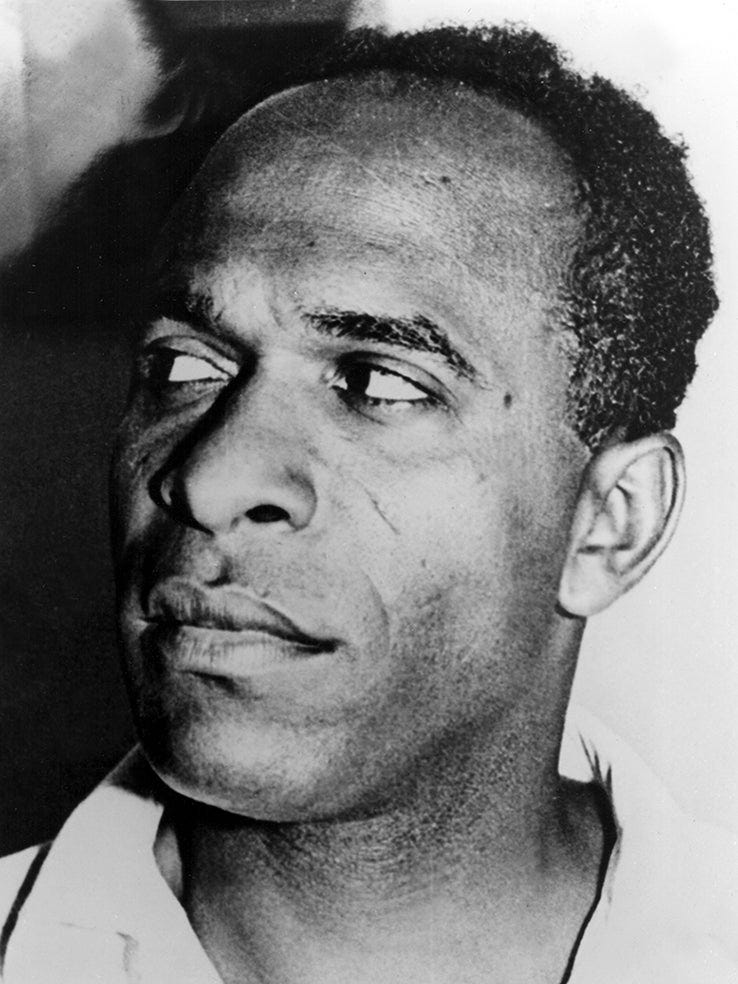

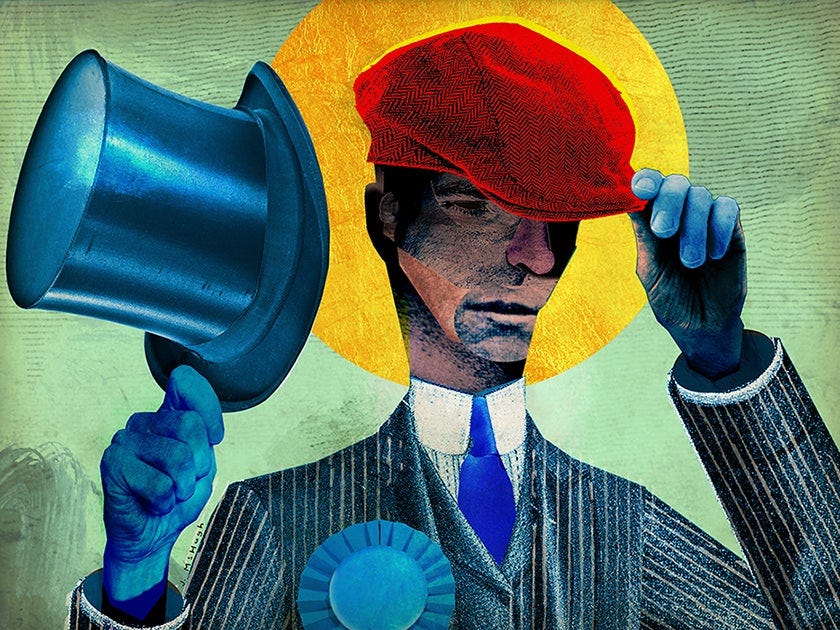
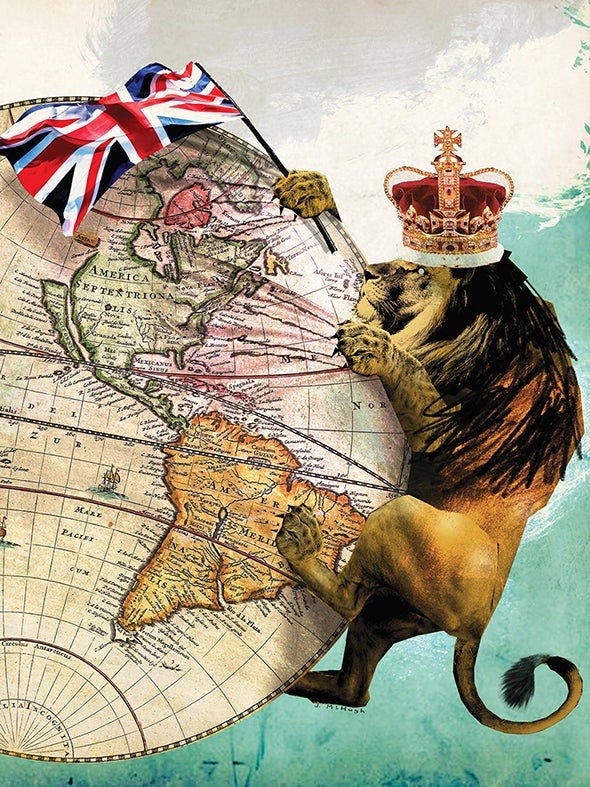

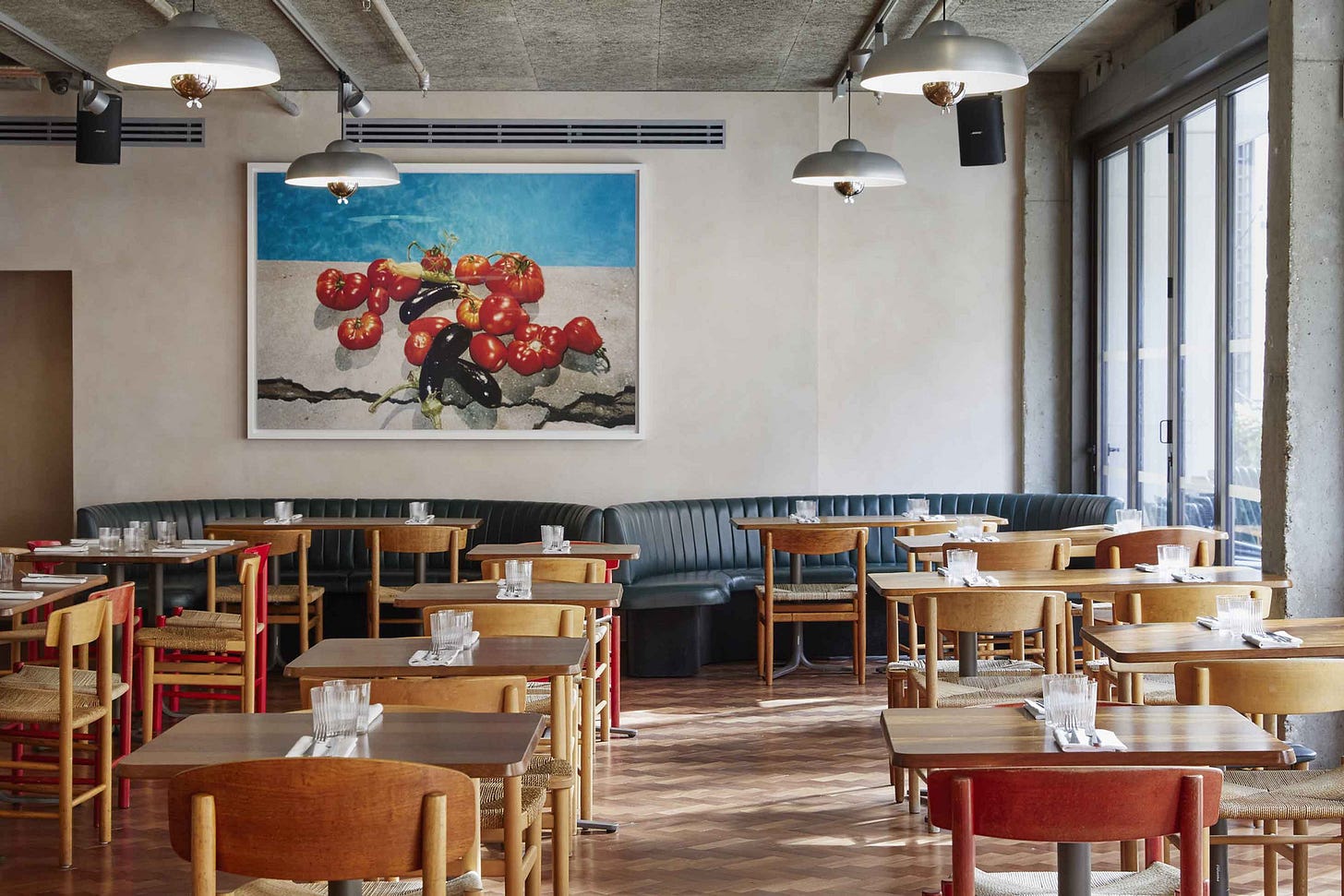

"Xi is making clear that he intends to dominate Chinese politics for years, perhaps decades to come" sounds plausible until you move in a little closer. It's a Westerner jumping to a Western explanation. A Chinese explanation might go more like this:
Xi is a second-generation politician, the son and heir to one of the most admired men in history – his dad – Xi Zhongxun, a combat army general in his teens and, in Mao's admiring words, "the best mediator in Chinese history," comparing him favorably to famous mediators in China's history, where mediation is a much-admired art.
Zhongxun next spent seven years under house arrest while his son grew to manhood in the country's poorest village.
Young Jinping's ticket out of the village was raising the QOL and incomes of the village that had sheltered him.
He went off to Tsinghua where pro-Cultural Revolution professors gave him a diploma instead of a degree because of his father's sins. Generational punishment has always been a Chinese practice and a good bet 80% of the time – like father, like son.
But not in this case. Zhongxun was then assigned to stop millions of people swimming, tunneling, wire-cutting and bribing their way into Hong Kong where the economy, goosed by London and New York, was roaring and expats were still worshipped.
Zhongxun proposed an attractive form of border control: on a mudflat behind a fishing village, build the mini-nation we call Shenzen, whose GDP is approaching $400 billion, mostly electronics, and aerospace and local government is spending billions to keep housing affordable. One Shenzen company – just one – employs 120,000 degreed, qualified engineers.
He saw promise in young Xi – but forbade the rest of the family to go into government – and took him along as he mediated land disputes as he turned the turned the pig's ear mudflat into the silk purse Shenzen has become. He died penniless, as he had lived.
That's Zhongxun's legacy, and the greatest tribute Xi can pay to his dad is outshine him, to demonstrate that he has made good use of his father's instruction, and moved the ball forward. Which he did by doubling the real incomes of every Chinese before the end of his second term, ending poverty, housing 96% of them in their own homes, and built the world's biggest, more powerful navy. Any record like that influences history. That's a good thing.
Today, 1.4 billion Chinese (98% of their classic villains and heroes are either corrupt, incompetent – or honest and effective – public servants.
Jinping's got the baddies on the run. He suggested harnessing new technologies even before the military. Corruption, he said, "has destroyed more empires than have armies”. As we know to our sorrow.
Jinping still has some rabbits to pull out of his hat, including the first city built from scratch in the 21st century that uses 21st century to make everyone's life 50% chiller and more productive. And a new canal, the Pinglu, longer than any in history save the 1,000 km. Grand Canal.
His influence will be very good for a long time. And that's a good thing.